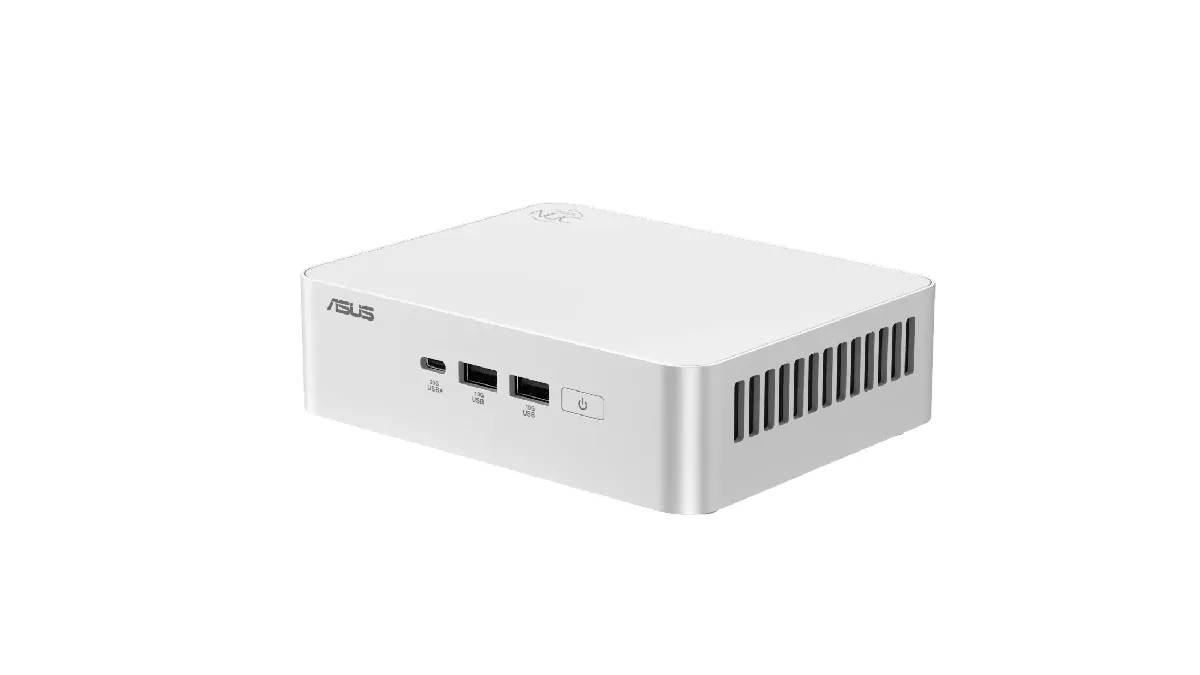Winding down after a hectic day by playing games online is a pleasure enjoyed by many. The gaming market is booming, with an estimated 3 billion gamers worldwide. The gaming industry now outpaces the music and film industries combined. This growth is fueled by advancements in technology, particularly cloud computing. Cloud technology has transformed gaming, making it more accessible, offering fast updates, and providing enhanced security.
The Impact of Cloud on Multiplayer Gaming
One of the most transformative changes brought by cloud technology is in the realm of multiplayer gaming. Games like Overwatch, Call of Duty, Sea of Thieves, and Fortnite have popularized sociable and strategic gameplay with rich content. Services like Xbox Cloud Gaming have elevated multiplayer gaming by enabling access from mobile devices, tablets, and PCs, facilitating a seamless, global competitive experience.
However, there is a significant challenge: lag. Traditional public clouds, often located far from both urban and rural populations, can cause lag due to the distances data must travel. This hampers performance and diminishes the multiplayer experience.
The Curse of Lag
Lag, the bane of gamers, is a delay between a player’s action and the game’s response. It can ruin the gaming experience, making fast-paced games frustrating. While checking and upgrading Wi-Fi connections or investing in powerful gaming PCs and consoles can help, these solutions are not always sufficient. Lag not only frustrates gamers but also stifles the creativity and innovation that have driven the gaming industry forward.
The Solution: Edge Computing
The tech industry is addressing this issue by reengineering networks to enhance the gaming experience. Companies are adopting a hybrid, distributed approach to connected digital networks, building game servers on true edge infrastructure. This decentralized approach involves placing computing resources, such as servers, closer to gamers. By reducing the distance data must travel, latency is minimized, and network congestion is alleviated, allowing gamers to enjoy a smoother, more responsive gaming experience.
Edgegap’s Revolutionary Partnership
A prime example of this innovation is Edgegap’s partnership with Colt Technology Services and CIN. This collaboration has delivered the world’s first game server running on true edge computing. By integrating Edgegap’s technology with Colt and CIN’s physical infrastructure network, they have dramatically improved multiplayer gaming experiences in London. This integration eliminates lag and latency issues typical in densely populated areas, where demand for bandwidth is high.
Benefits for Gamers
Edgegap’s work with CIN and Colt highlights its commitment to meeting the evolving demands of modern multiplayer games. Mathieu Duperre, CEO and Founder of Edgegap emphasizes the importance of moving to a hybrid, distributed approach to meet gamers’ rising performance expectations. Edgegap’s patented technology ensures near-zero latency by deploying game servers close to players, guaranteeing unrivaled reliability with 99.99% availability through edge cloud infrastructure.
The Future of Gaming
As developers explore more feature-rich, immersive worlds with advancements in AR, VR, AI, and the metaverse, gamers’ expectations will continue to rise. Edgegap’s on-demand, fully managed orchestration platform not only provides unparalleled latency performance but also offers instant deployment and automated scalability for multiplayer games. This ensures efficient traffic management across Edgegap’s expansive distributed cloud network, which spans over 550 locations worldwide.
Wrap-up
The days of centralizing servers are numbered. The tech industry is leading, innovating, and transforming the gaming experience. This shift towards edge computing is a win for everyone, offering a future where latency impacting gameplay performance will be unacceptable. As the gaming industry continues to evolve, players can look forward to even more seamless and immersive gaming experiences.
Discover more from NewForTech
Subscribe to get the latest posts sent to your email.




